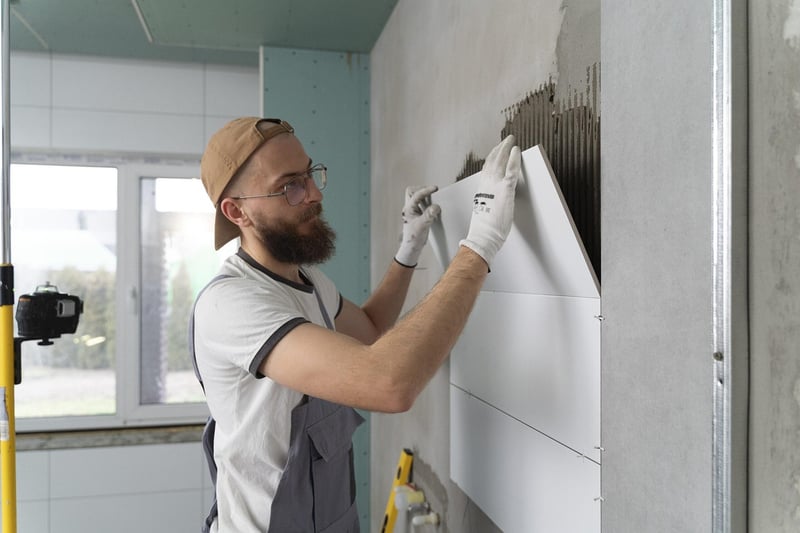Restorative
The Importance of Physical and Mental Wellness for Restorative Health
Restorative health is a holistic approach that focuses on rejuvenating the mind and body to achieve balance and well-being. It encompasses both physical and mental wellness, recognizing the interconnectedness of the two aspects of health.
Physical Wellness
Physical wellness involves taking care of your body through proper nutrition, exercise, and rest. Regular physical activity not only strengthens the body but also boosts mood and reduces stress. It is essential to incorporate a variety of exercises such as cardio, strength training, and flexibility exercises to promote overall health.

Nutrition
Eating a balanced diet rich in fruits, vegetables, whole grains, and lean proteins provides essential nutrients for optimal functioning. Hydration is also crucial for maintaining physical health.
Mental Wellness
Mental wellness involves taking care of your emotional and psychological well-being. Practices such as mindfulness, meditation, and therapy can help manage stress, anxiety, and improve overall mental health.

Rest and Recovery
Rest and recovery are vital components of restorative health. Getting an adequate amount of sleep, taking breaks, and practicing relaxation techniques are essential for rejuvenating the body and mind.
Benefits of Restorative Health
- Enhanced overall well-being
- Improved mood and mental clarity
- Increased energy levels
- Reduced stress and anxiety
- Boosted immune system
Conclusion
By prioritizing physical and mental wellness through practices that promote restorative health, individuals can achieve a state of balance and rejuvenation. Taking care of both the body and mind is essential for overall well-being and a healthy lifestyle.
Remember, a holistic approach to health that includes proper nutrition, exercise, mental well-being, and rest is key to achieving restorative health.
